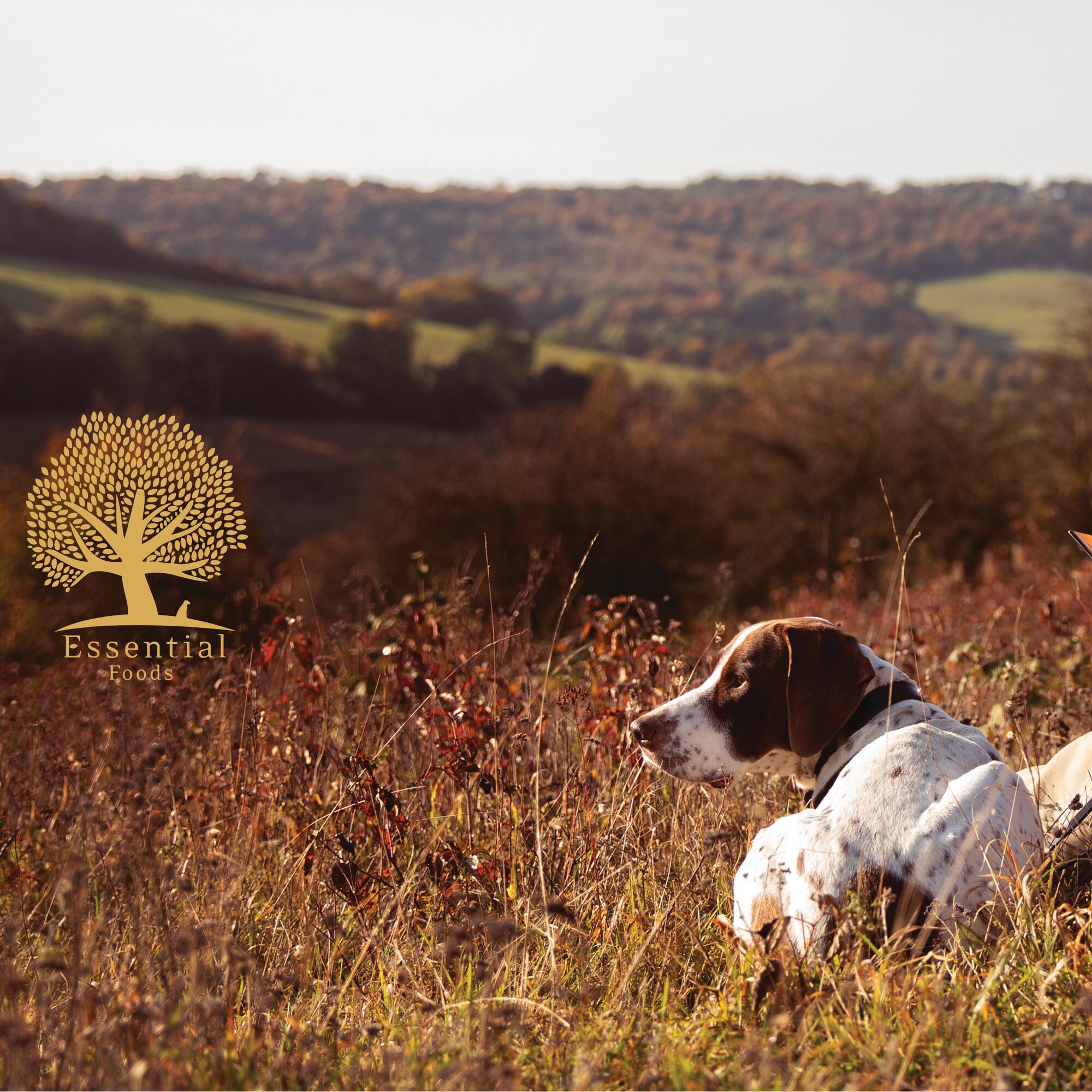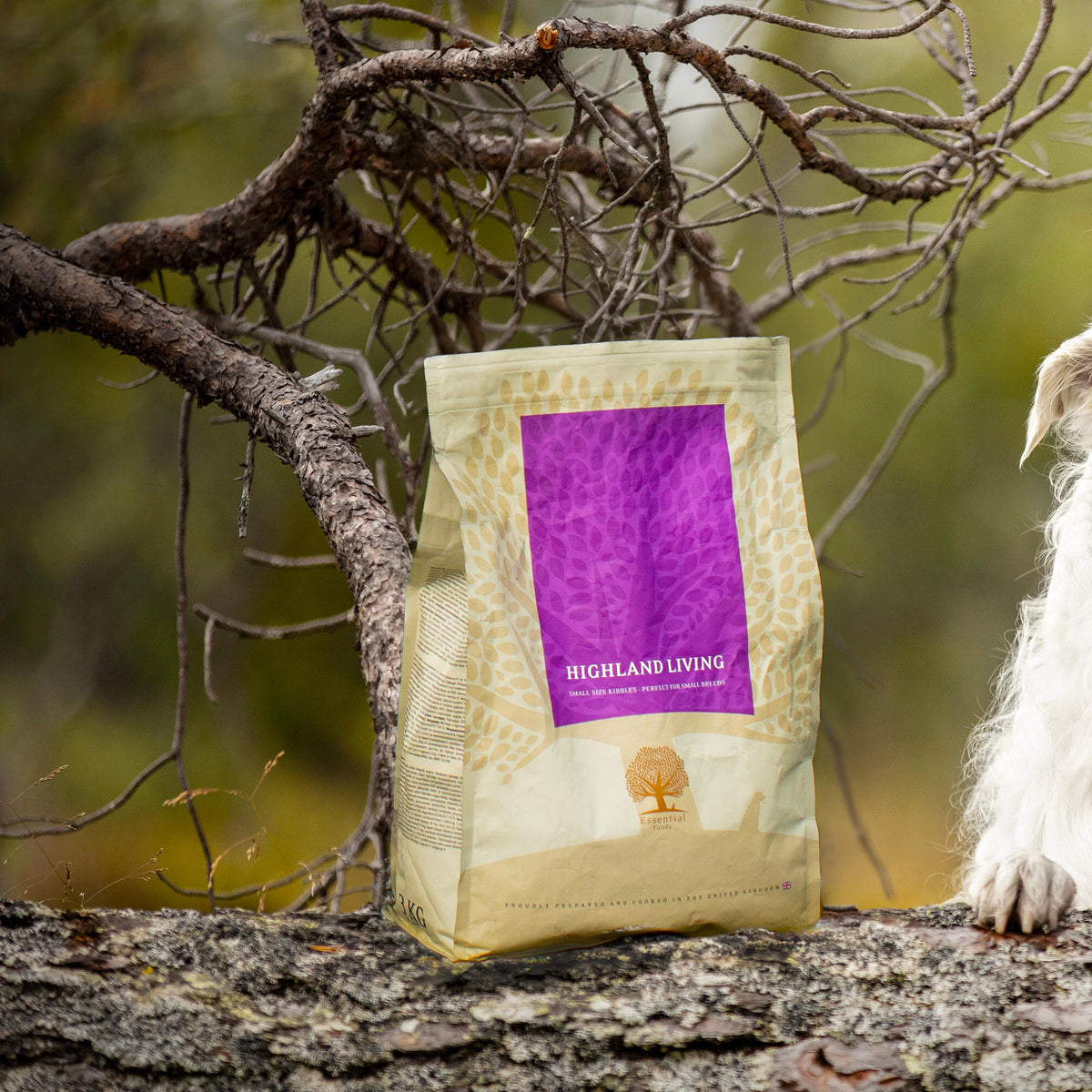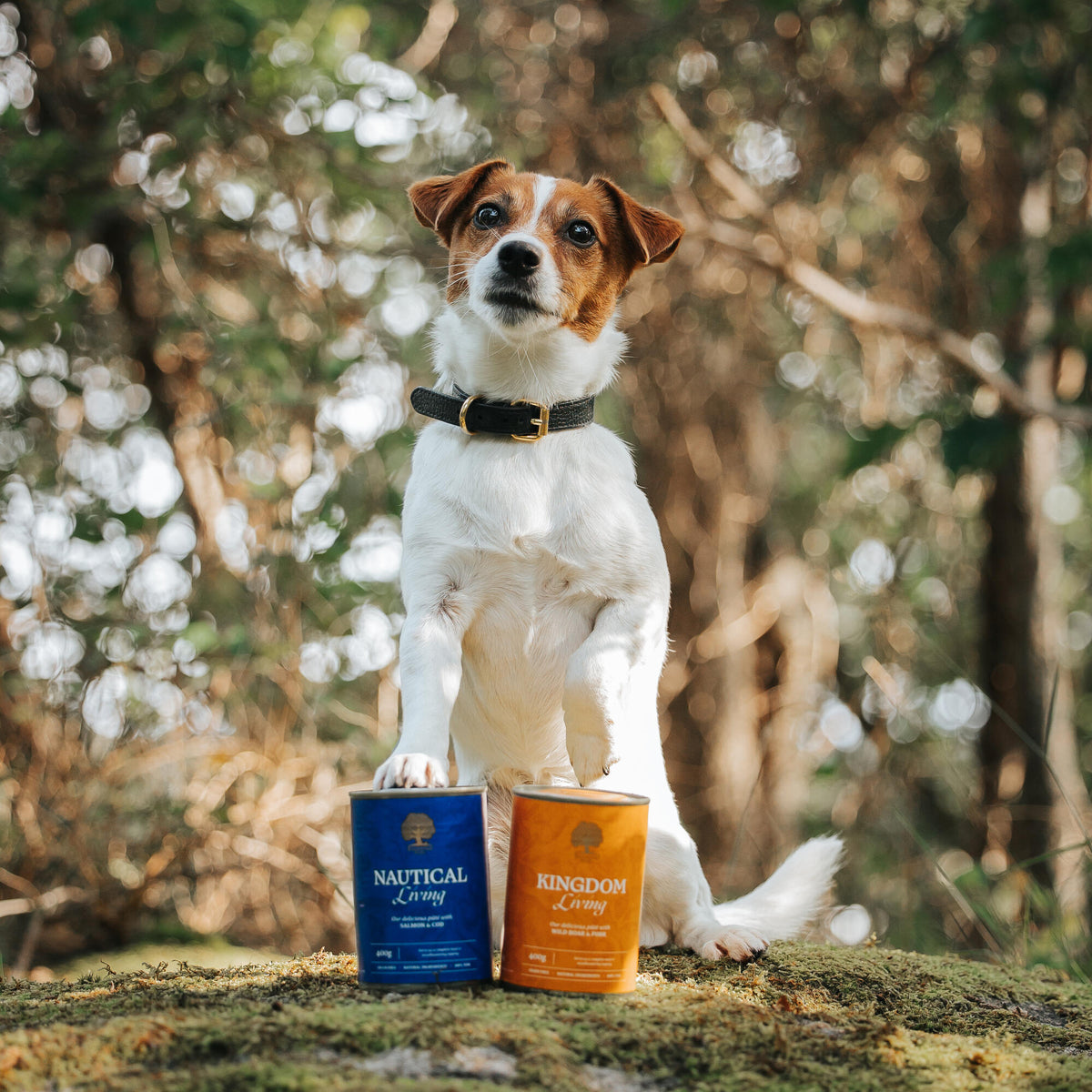Your Cart is Empty

Feeding your puppy the right amount of food is crucial for their growth, development, and overall health. However, determining the correct portion size can be challenging, especially for new pet owners. In this guide, we'll explore the importance of measuring puppy food and provide tips on ensuring your dog receives the nutrition they need to thrive.
Measuring puppy food is essential to ensure your dog receives the appropriate amount of nutrition without overfeeding or underfeeding. Portion control plays a significant role in preventing obesity and related health issues later in life. By measuring your puppy's food accurately, you can maintain their ideal body condition and support their overall well-being.
When determining how much food to feed your puppy, several factors come into play. These include your puppy's body weight, size, age, growth stage, activity level, and metabolism. Puppies have different nutritional requirements compared to adult dogs, so it's essential to consider these factors when measuring their food portions.
Consulting with your veterinarian or following the feeding guidelines provided by reputable pet food manufacturers is crucial. These guidelines typically recommend specific portion sizes based on your puppy's age, weight, and activity level. While these recommendations serve as a useful starting point, adjustments may be necessary based on your puppy's individual needs.
To measure your puppy's food accurately, invest in measuring cups, scoops, or digital kitchen scales. Measuring cups and scoops provide a convenient way to portion out dry kibble, while digital kitchen scales offer precise measurements for wet or raw food diets. Using these tools ensures consistency and accuracy in your puppy's diet.
Balanced nutrition is essential for your puppy's overall health and development. A well-balanced diet provides the necessary nutrients, vitamins, and minerals for proper growth, muscle development, and immune function. Look for puppy foods that offer a complete and balanced formulation to meet your puppy's nutritional needs.
When choosing puppy food, opt for formulas that prioritize quality ingredients and essential nutrients. Look for:
BOF principles focus on stabilizing blood sugar levels in puppies, promoting balanced energy levels and behavior. By incorporating BOF into their recipes, ESSENTIAL FOODS ensures that puppies maintain optimal health and vitality.
High-meat content in puppy food provides essential proteins for muscle growth, energy, and overall health. ESSENTIAL FOODS' puppy food boasts a rich blend of premium meats, ensuring superior palatability and nutrient absorption.
ESSENTIAL FOODS' puppy food excels in taste and texture, ensuring that even the pickiest eaters enjoy their meals. With a focus on quality ingredients and delicious flavors, ESSENTIAL FOODS prioritizes palatability to keep your puppy happy and satisfied.
Measuring puppy food is essential for ensuring your dog receives the nutrition they need to thrive. By following recommended feeding guidelines and using measuring tools, you can maintain your puppy's ideal body condition and support their overall health and well-being. With ESSENTIAL FOODS' puppy food, you can provide your furry companion with a balanced and nutritious diet that includes no grain, extra omega-3, higher protein levels, BOF principles, and high-meat content.
How much puppy food should I feed my dog?
The amount of food your puppy needs depends on factors such as their age, weight, and activity level. Refer to the recommended feeding guidelines provided by your veterinarian or pet food manufacturer.
Can I mix wet and dry puppy food?
Yes, you can mix wet and dry puppy food to provide variety in your puppy's diet. Just be sure to adjust portion sizes accordingly to maintain proper nutrition.
What are the signs of overfeeding or underfeeding my puppy?
Signs of overfeeding may include weight gain, lethargy, and digestive issues, while underfeeding may result in poor growth, low energy levels, and malnutrition.
Is it necessary to measure puppy food, or can I eyeball it?
While eyeballing portion sizes may seem convenient, it's essential to measure your puppy's food accurately to prevent overfeeding or underfeeding.
How often should I adjust my puppy's food portion size?
Monitor your puppy's growth and activity level regularly, and adjust their food portion size as needed to maintain their ideal body condition and energy levels.


